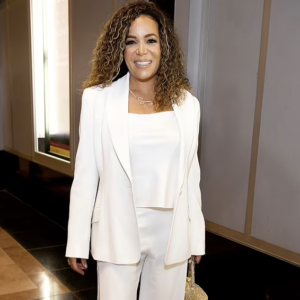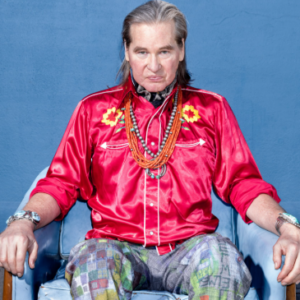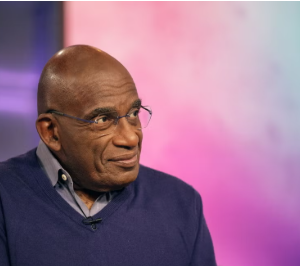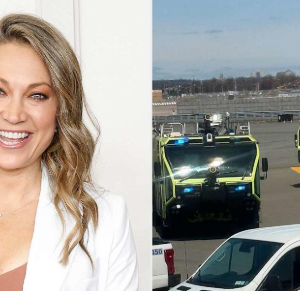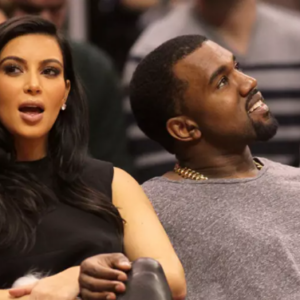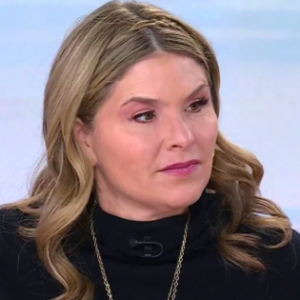Karoline Leavitt Refuses to Answer Kaitlan Collins’ Next Question on CNN

Image: Getty Images
In recent political developments, an exchange that took place during a White House briefing has captured widespread media attention. Press Secretary Karoline Leavitt found herself at the center of a heated moment with CNN correspondent Kaitlan Collins. The interaction escalated as Collins attempted to ask a follow-up question about the Trump administration’s handling of recently released Signal texts by Jeffrey Goldberg, the editor of The Atlantic. Leavitt’s abrupt refusal to engage with Collins has sparked discussions about transparency and accountability in government communications.
Understanding the Briefing Incident

Image: Getty Images
The White House briefing, which is often a platform for journalists to hold government officials accountable, turned tense as Kaitlan Collins sought clarity on significant issues. Her probing questions aimed to elicit more information from Leavitt about critical ongoing matters, particularly the controversy surrounding the release of Signal texts. However, Leavitt’s refusal to answer not only caught Collins off guard but also left many observers questioning the administration’s commitment to being transparent with the press. This type of interaction has raised eyebrows regarding media access and the flow of information from the government.
Implications for Press Freedom

Image: Getty Images
Karoline Leavitt’s reaction to Kaitlan Collins’ inquiry has broader implications for press freedom. The relationship between the press and the government is foundational to a functioning democracy, where accountability and open dialogue are paramount. Instances where officials refuse to provide answers can inhibit public understanding and foster distrust. Many journalists and media experts have pointed out that such refusals can set a precedent that allows officials to sidestep important questions, potentially hiding information that citizens have a right to know.
Reactions from the Media and Public

Image: Getty Images
The incident has not gone unnoticed by political commentators and the public at large. Many have voiced their opinions on social media platforms, with some supporting Collins for her relentless pursuit of answers, while others criticize Leavitt for her dismissive attitude. Coverage of the incident has also highlighted the role that media plays in shaping public perspectives and the importance of journalists in bringing issues to light, regardless of the resistance they may face from officials.
Related Recent Events in Media and Politics
This event is just one of many that illustrate the tension between media outlets and the current administration. Observers have noted several significant occurrences that emphasize the challenges faced by journalists, including the following:

Image: Getty Images
- Historical Context: Similar tensions have arisen in past administrations, highlighting a cyclical pattern in the relationship between media and power.
- Live Press Conferences: Media engagements have become battlegrounds for information and transparency, often turning confrontational.
- Increased Scrutiny: Journalists are increasingly scrutinizing the actions of public officials, raising essential questions about accountability.
The interaction between Karoline Leavitt and Kaitlan Collins illustrates an ongoing debate about media access and governmental transparency. As the relationship between the press and the administration continues to evolve, it remains essential for journalists to press for answers in the interest of public accountability.
For more insights into the evolving landscape of journalism and political transparency, stay tuned and engage with current affairs discussions.
